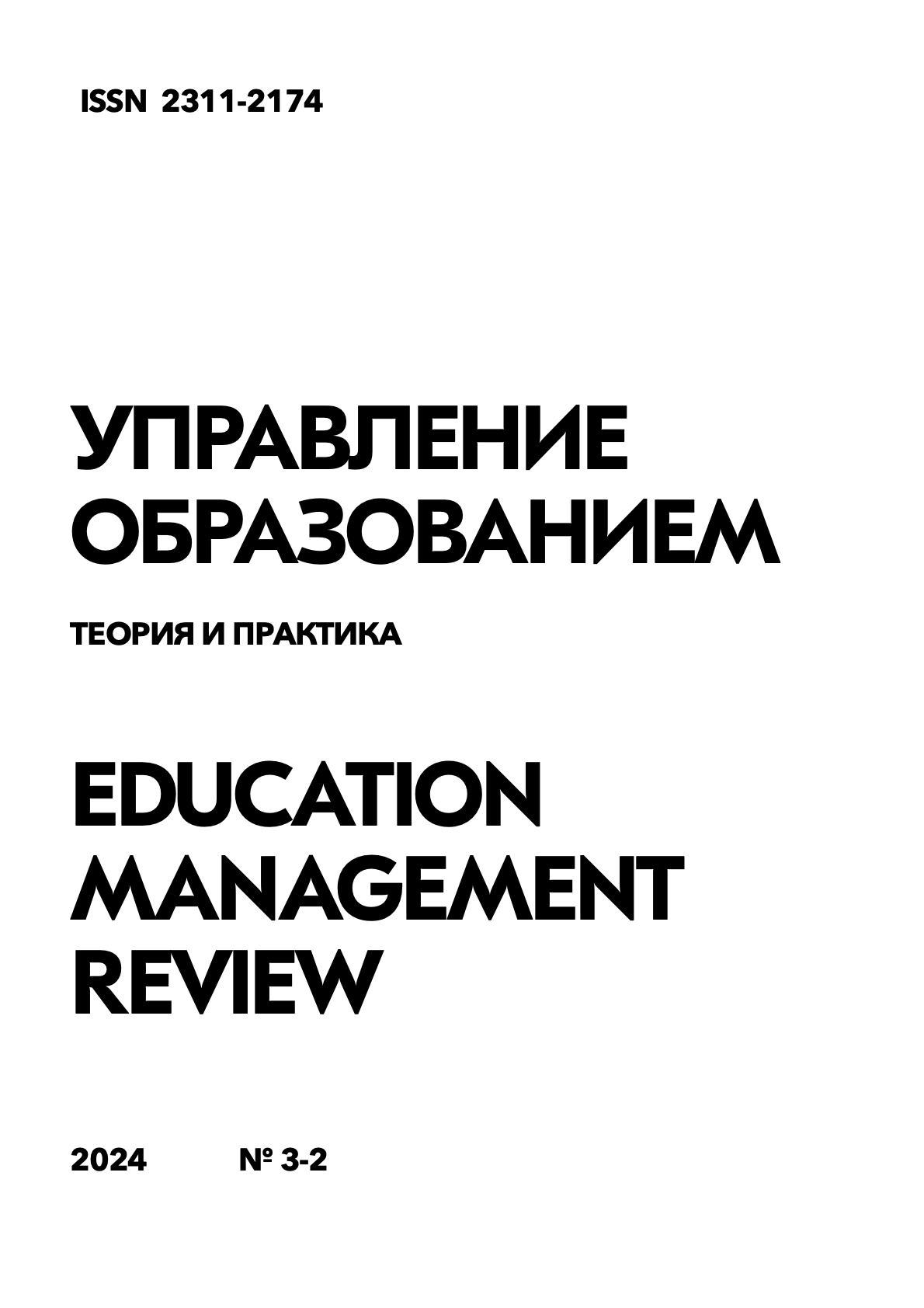Opportunities to use social media and digital content to enrich environmental management courses and enhance student engagement
DOI:
https://doi.org/10.25726/s2923-6387-6073-wKeywords:
environmental management, social media, digital content, student engagement, learning effectiveness, innovative educational technologiesAbstract
Social media and digital content represent innovative tools that can significantly enrich environmental management courses and enhance student engagement. Facebook Instagram and Twitter, as well as digital content, including videos, infographics and interactive applications, are used to explore the possibilities of using social networks such as Facebook, Instagram and Twitter in the process of teaching environmental management. The research methodology includes the analysis of existing literature, conducting surveys among teachers and students, as well as the experimental introduction of social media and digital content into the educational process. The study revealed that the use of social networks can increase student engagement by 35%, and the use of interactive digital content contributes to an increase in material assimilation by 28%. In addition, 87% of the surveyed teachers noted that social media and digital content greatly facilitate the process of communication with students and allow them to promptly provide up-to-date information. The results of the study demonstrate that the integration of social media and digital content into environmental management courses is a promising area that can significantly increase the effectiveness of training and student interest. The strategies and recommendations proposed in the study can be used by teachers to modernize their courses and adapt to modern technological trends in education.
References
Дукмасова Н.В. Проблемы и перспективы внедрения экологического менеджмента на российских предприятиях // Вестник УГТУ-УПИ. Серия экономика и управление. 2006. № 9(80). С. 116- 122.
Демидова Т.Е., Тонких А.П. Реализация проблемного обучения в вузе // Начальная школа плюс До и После. 2004. № 4. С. 6-12.
Хайруллин Р.З., Чижова М.А. Внедрение системы экологического менеджмента на предприятии как способ повышения его экономической эффективности // Вестник Казанского технологического университета. 2013. № 17. С. 265-267.
Шишкина П.А. Влияние предприятий машиностроительного и станкостроительного производства на окружающую среду и почву // Известия ТулГУ. Технические науки. 2020. № 12. С. 172- 175.
Hampson M., Patton A., Shanks L. 10 ideas for 21st century education. Innovation Unit. UK Government. 2013
Li X., Wang T., Wang H. Exploring N-dimensional correlations for environmental management competency development // Journal of cleaner production. 2017. №166. рр. 1020-1030.
Mishra P., Mehta R. What we educators get wrong about 21st-century learning: Results of a survey // Journal of digital learning in teacher education. 2017. № 33(1). рр. 6-19.
Molesworth M., Nixon E., Scullion R. Having, being and higher education: The marketisation of the university and the transformation of the student into consumer // Teaching in higher education. 2009. № 14(3). рр. 277-287.
Panimalar S.A., Kannan K.V., Muthuramalingam T. Social media and environmental awareness // International journal of environmental science and technology. 2017. № 14. рр. 1129-1140.
Rodríguez-Hoyos C., Fueyo A., Pinto A.L. Digital competence in higher education: students' perception and use of ICT in their academic work // Profesorado. 2016. № 20(3). рр. 313-332.
Sanchez-Meca, J., Botella, J., Vega-Arce, M., Núñez-Núñez, R.M. Testing the generalizability of findings from experimental studies: The case of environmental education // Journal of experimental education. 2017. № 85(1). рр. 150-162.
Shephard K. Higher education for sustainable development. L.: Palgrave Macmillan, 2015.
Soomro K.A., Kale U., Curtis R., Akcaoglu M., Bernstein M. Digital divide among higher education faculty. International // Journal of educational technology in higher education. 2020. № 17(1). рр. 1- 16.
Stringfield S., Luscre D., Gast D.L. Effects of web-based instruction on graduate students' knowledge of functional behavioral assessment // Journal of special education technology. 2011. № 26(1). рр. 23-41.
Sun D., Looi C.K. Designing a web-based science learning environment for model-based collaborative inquiry // Journal of science education and technology. 2017. № 26(2). рр. 1-17.
Zacharia Z.C., Lazaridou C., Avraamidou L. The use of mobile devices as means of data collection in supporting elementary school students' conceptual understanding about plants // International journal of science education. 2016. № 38(4). pp. 596-620.
Zhu C., Wang D., Cai Y., Engels N. What core competencies are related to teachers' innovative teaching? // Asia-Pacific journal of teacher education. 2013. № 41(1). рр. 9-27.




